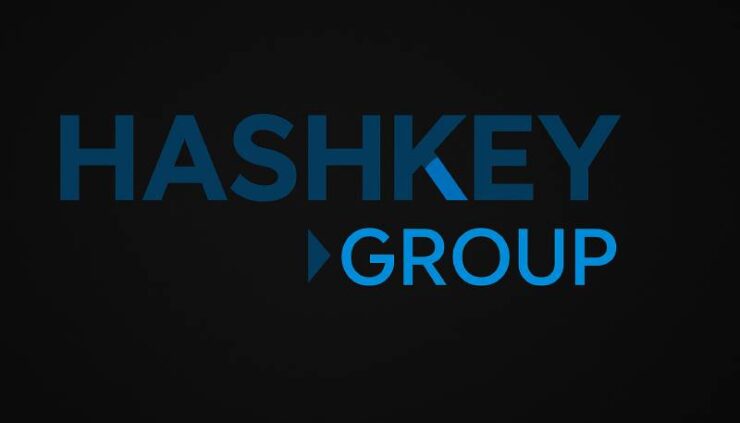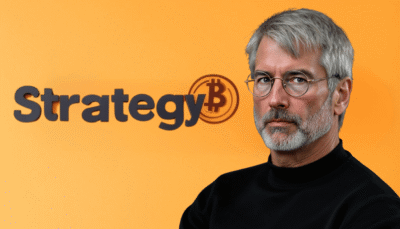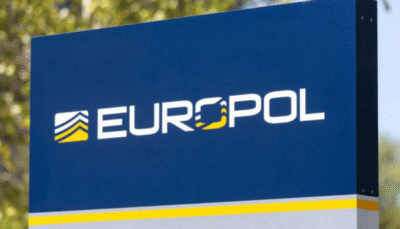Public blockchains will become the foundation of tomorrow’s global financial markets, said HashKey Group Chairman and CEO Xiao Feng during the opening keynote of the 2025 Hong Kong Web3 Festival. Describing them as “a new generation of financial infrastructure,” Xiao argued that blockchain enables a governance system capable of large-scale, cross-border collaboration.
He emphasized the role of public chains in offering open, decentralized, and transparent technical support for asset trading, clearing, and settlement. Xiao presented HashKey Chain—HashKey Group’s own public chain—as a working example of this transition.
Designed for global deployment, the platform is already supporting real-world financial applications including stablecoins, money market funds (MMF), and real-world assets (RWA). Partnerships with institutions such as China Pacific Insurance and Bosera Fund have validated the chain’s capacity to support asset issuance and settlement.
Xiao told the audience that history shows a clear pattern: financial innovation precedes industrial change. He pointed to credit systems fueling Britain’s industrial growth, stock markets backing America’s electrical expansion, and venture capital enabling Silicon Valley’s rise.
Now, he said, blockchain-based finance is set to serve the same function for what he termed the fourth industrial revolution.
Xiao characterized blockchain as a break from traditional systems, replacing bank accounts with digital wallets and batch settlements with instantaneous transactions. This change, he said, redefines both the structure and speed of global finance.
Regulatory Signals and Market Direction
Xiao highlighted regulatory developments and market trends that he believes validate blockchain’s trajectory. He cited the U.S. Securities and Exchange Commission’s decision not to categorize dollar-backed stablecoins as securities. This move, according to Xiao, paves the way for greater institutional involvement in money creation and circulation.
He also pointed to trading cycle shifts among major exchanges, some of which now operate up to 23 hours a day. In contrast, blockchain-based markets have run continuously since inception. “Traditional exchanges will eventually need to adapt to compete with cryptocurrency markets that have operated 24/7 since day one,” Xiao said.
The Web3 Festival’s roster of attendees reflected Hong Kong’s push to position itself at the forefront of blockchain development. Financial Secretary Paul Chan Mo-po, Under Secretary for Financial Services and the Treasury Joseph H. L. Chan, Securities and Futures Commission Executive Director Christina Choi, and Hong Kong Monetary Authority Chief Fintech Officer George Chou were all present at the event.
While mainland China continues to restrict cryptocurrency activity, Hong Kong offers a regulatory environment seen as more flexible. Industry observers view the city as a controlled testing ground for blockchain applications that may shape policy in the broader Chinese economy. The festival continues through Wednesday with panels, demonstrations, and networking sessions.





